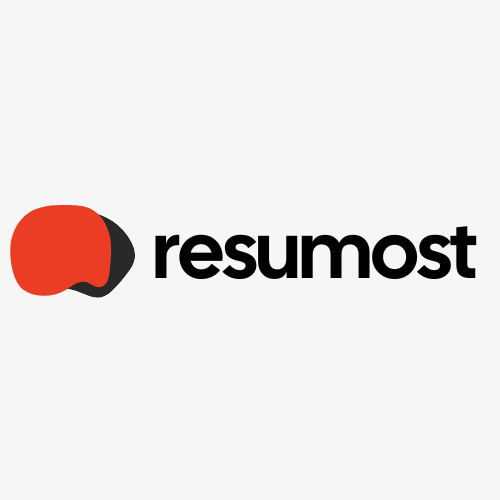Your First Paycheck: A Simple Guide to Managing Money Like a Pro
Just landed your first job? Congrats! Now it's time to manage that new income. This guide breaks down everything you need to know about budgeting, saving, and understanding your paycheck.
First Things First: Understanding Your Paycheck
When you look at your first paystub, you'll see two key numbers: gross pay and net pay. It's crucial to know the difference.
- Gross Pay: This is the total amount of money you earned before any deductions. It’s the big, exciting number you saw in your job offer.
- Net Pay: This is the actual amount of money that gets deposited into your bank account. It’s your gross pay minus deductions like taxes and retirement contributions. This is the number you’ll use for your budget.
What Are These Deductions?
Seeing money "disappear" from your paycheck can be a shock, but these deductions are working for you and your community. The main ones are:
- Taxes: This is your contribution to public services like roads, schools, and healthcare. The amount depends on how much you earn and where you live.
- Retirement Fund: This could be called a 401(k), a pension, or Superannuation (in Australia). Think of it as a mandatory savings account for your future self. It might seem far away, but starting now is one of the smartest money moves you can make, thanks to compound interest!
The B-Word: How to Create a Budget That Doesn't Suck
Budgeting has a bad reputation for being restrictive and boring. Let's reframe that. A budget isn't about telling you what you can't spend; it’s a plan that empowers you to tell your money where to go.
The easiest way to start is with the 50/30/20 rule. It’s a simple framework for dividing your net pay (your take-home income).
Your 50/30/20 Blueprint
- 50% for Needs: This slice covers your absolute essentials—the things you must pay to live.
- Rent or board
- Utilities (electricity, water, internet)
- Groceries
- Transportation to work
- Insurance
- 30% for Wants: This is the fun stuff! It’s the money you can spend on things that make life enjoyable.
- Dining out or ordering in
- Subscriptions (Netflix, Spotify, etc.)
- Hobbies and entertainment
- Shopping for non-essentials
- 20% for Savings & Debt Repayment: This is the most powerful category. It’s your investment in your future financial stability and goals.
- Building an emergency fund
- Paying off student loans or credit card debt
- Saving for a big purchase (like a car or a vacation)
Become a Savings Superstar (The Easy Way)
The single best piece of advice for building wealth is to pay yourself first. This means you treat your savings like a non-negotiable bill. Before you pay for rent, groceries, or anything else, you move a portion of your paycheck into a separate savings account.
How do you make this foolproof? Automate it.
Log into your online banking and set up an automatic, recurring transfer. Schedule it for the day after you get paid. Have 10-20% of your paycheck automatically moved from your primary checking account to a high-yield savings account.
By automating it, you remove the temptation to spend that money. It builds your savings in the background without you even thinking about it.
Setting Yourself Up for Future Success
You've got the job and the income—now it's time to build a solid foundation.
Don't Ignore Your Retirement Fund
That retirement deduction on your paycheck is pure gold. Because of compound interest, the small amounts you contribute in your 20s have decades to grow and will be worth far more than larger amounts you contribute later in life. If your employer offers a "match" (where they contribute money if you do), make sure you contribute enough to get the full match. It's free money!
Handle Debt Wisely
It’s easy to get a credit card and feel like you have access to a ton of extra cash. Be careful! High-interest credit card debt can quickly spiral out of control and eat away at your income.
- Rule of Thumb: If you can't afford to buy it with cash, think twice before putting it on a credit card.
- Pay in Full: Always try to pay your credit card balance in full each month to avoid interest charges.
- Avoid the Minimum: If you do have a balance, always pay more than the minimum payment. The minimum is designed to keep you in debt for as long as possible.
You’ve already accomplished the hard part: getting a great job. Now, by putting these simple money habits into practice, you’re not just earning a paycheck—you’re building a secure and prosperous future. You've got this
© 2026 Resumost.
We love that you're reading our work! Please note that this content is our own. If you'd like to share or re-post it, please reach out to us for permission first. Unauthorized scraping of this site is not permitted.

The Resumost Team
Resumost instantly creates a compelling, professional letter based on your newly tailored resume and the specific job you're targeting.
